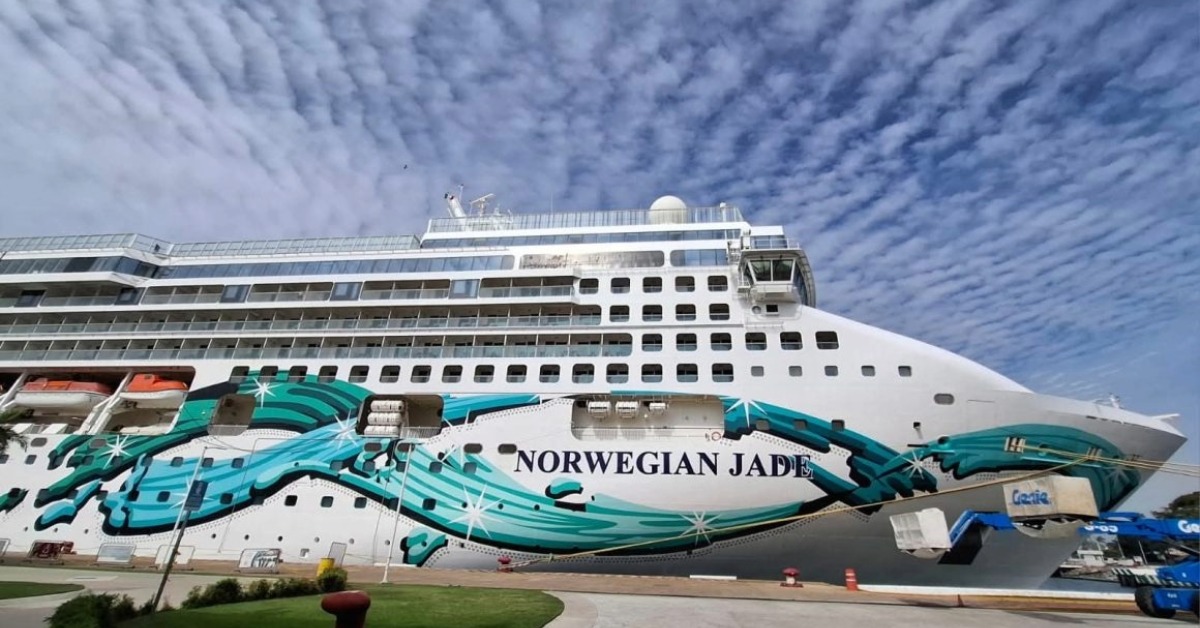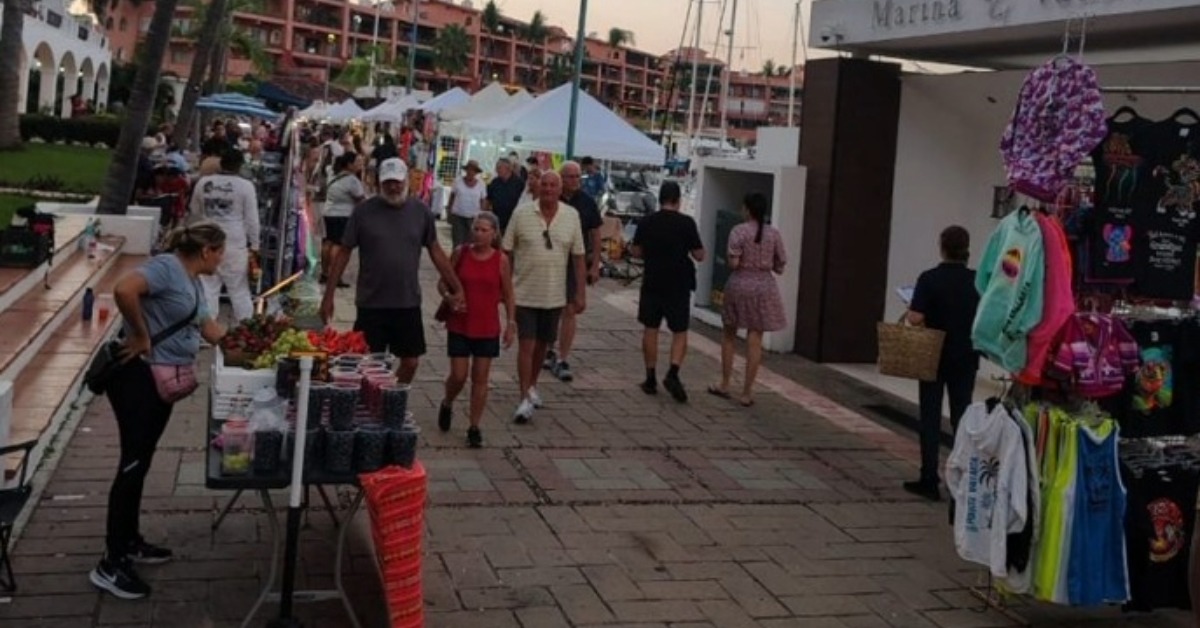Mexico is preparing to authorize the export of farm-raised totoaba fish to international markets, aiming to combat illegal trafficking and promote sustainable aquaculture in the Sea of Cortez.
In the clear waters off San Juan de la Costa, Baja California Sur, a boat cuts across the surface of the Sea of Cortez on a four-kilometer journey to one of Mexico’s most unique and closely guarded marine projects—the country’s only private totoaba nursery.
There, in the deep blue, biologists, veterinarians, and divers from the Santomar company oversee . . .






